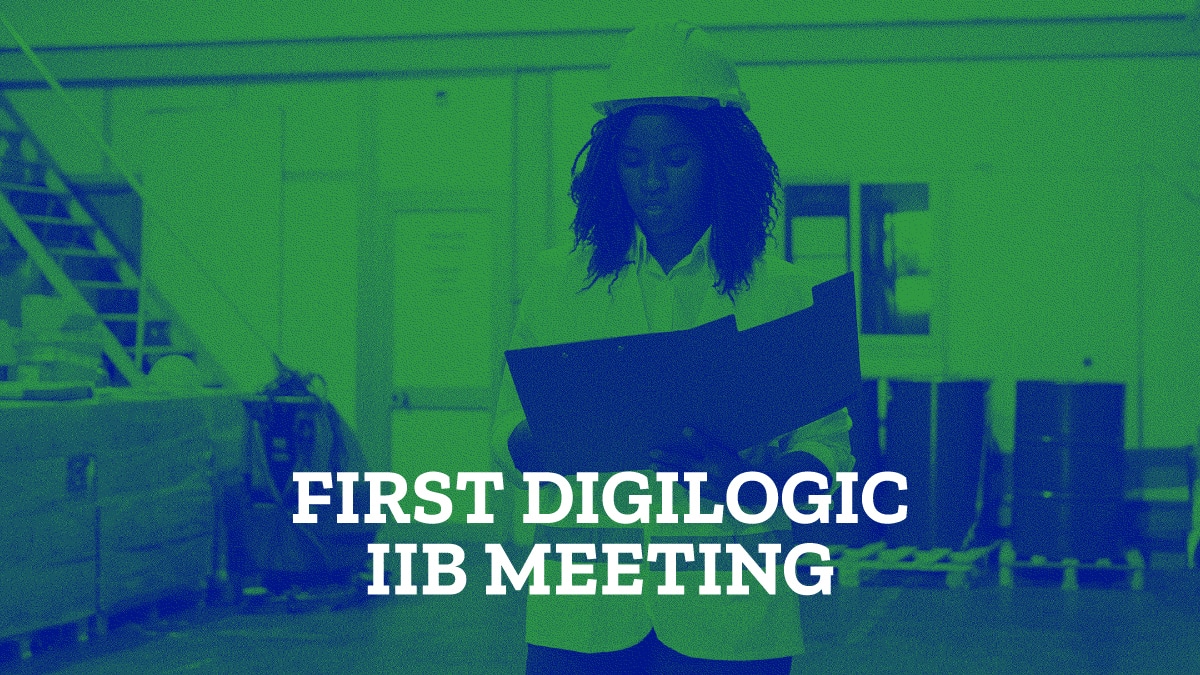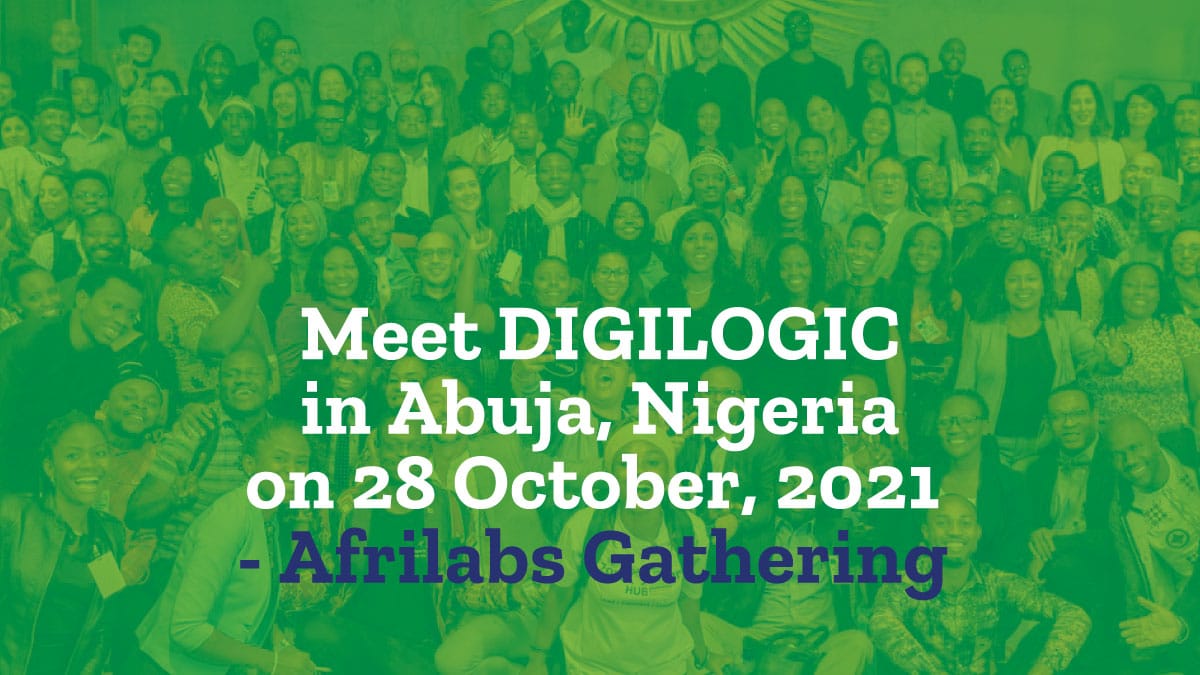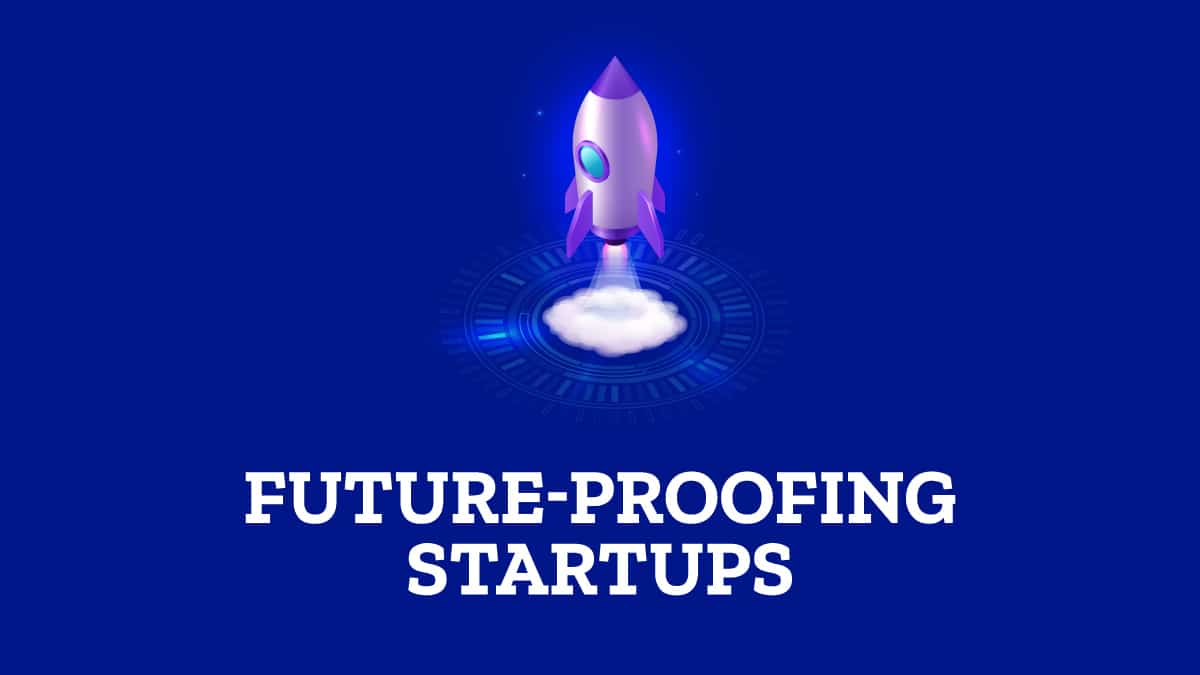
First DIGILOGIC IIB Meeting
August 25, 2021
DIGILOGIC Workshop at the AfriLabs Gathering 2021
September 27, 2021Future-proofing startups
In 2022, the Digilogic project will make a call for proposals from innovators to develop novel solutions to address challenges in logistics in Africa, in Europe, and between the two continents. From the proposals, 12 teams will be selected for a one-year programme of expert mentoring and access to the facilities of the project partners https://digilogic.africa/the-challenges/. The expert mentoring will address the need to future-proof startups. This is essential because the current survival rate of startups is very low. Future-proofing involves anticipating future challenges and applying methods to minimizes their effects.
One major challenge facing startups is how to deal with stress caused by multiple uncertainties. In order to provide a sound basis for future-proofing related to stress management, Dr Stephen Fox, of Digilogic project partner VTT, draws upon decades of natural sciences research in his new journal paper: https://www.mdpi.com/1099-4300/23/9/1155 Future-proofing startups: Stress management principles based on adaptive calibration model and active inference theory. Active inference involves taking action in the world in order to reduce uncertainty about how to survive. Importantly, active inference is applicable to all levels of life from brain cells to individual people to large enterprises. Hence, it is very relevant to startups that want to grow from one person with an idea to a small team to a large organization.
Eminent neuroscientist Professor Dr Karl Friston, who leads active inference research globally, has witnessed increasing interest in findings from his research that reveal fundamental natural processes. In particular, fundamental natural processes that can have determining influence over human actions and their outcomes. Professor Friston considers that natural sciences research can be very relevant for addressing uncertainties in logistics. This is because success in logistics involves addressing uncertainties about natural science fundamentals: matter, information, and energy. For example, uncertainties about goods to be transported (matter), about route instructions (information), and about fuel consumption (energy). Moreover, reference to natural sciences can be especially important for startups, and for large organizations, where uncertainties are introduced into logistics unpredictably by extreme weather events and other disruptions emerging from nature.




